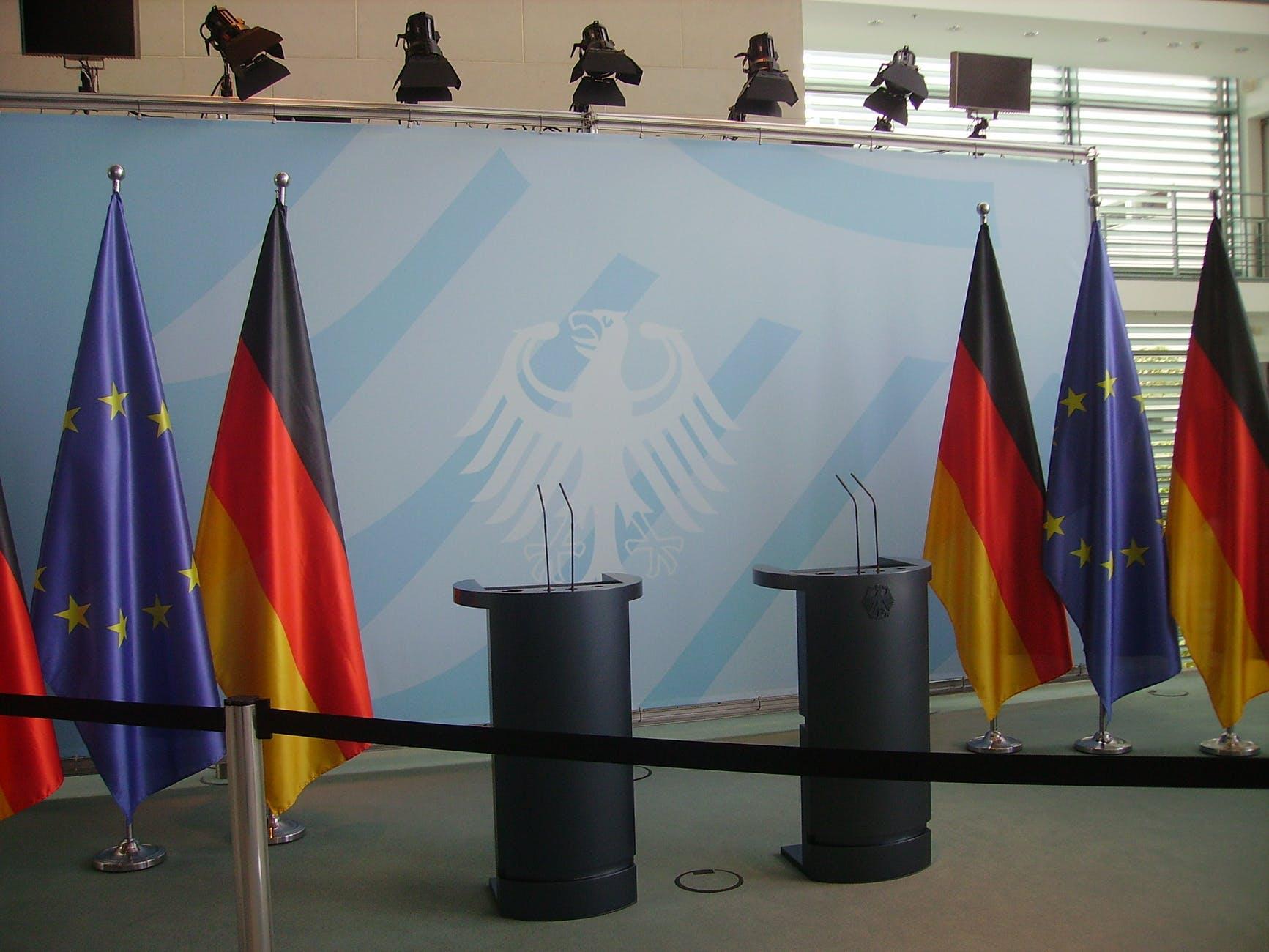blog
Wall Street Journal
Germany Shuts Door on Patent Trolls

Germany on Friday removed a legislative quirk that had made it a prime destination for globally active patent litigators who increasingly target fast-growing tech companies. Under the new legislation, courts examining a patent claim will conduct a proportionality check to decide whether an injunction would cause “undue hardship” to the alleged infringer or any third party. Ludwig von Reiche, IP2Innovate's board member told Wall Street Journal, that the law was an important step towards creating a better balance between patent and innovation protection. It remains to be seen how judges apply the new law, he added.
Share
Other press coverage

IP2Innovate
SEP regulation: a step in the right direction
BRUSSELS, 28 April 2023 – IP2Innovate welcomes the European Commission’s proposal to reform the licensing of standard essential patents.
“This initiative should at least help level the playing field when standard essential patents licensing is involved,” said Patrick Oliver, executive director of IP2Innovate.
“The proposal isn’t as bold as it was a week ago, but it still has certain important reforms in place. Opponents of this reform have lobbied intensely for the Commission to abandon it. I hope that in an effort to compromise, the Commission hasn’t opened up loopholes that would undermine its effectiveness,” he added.
IP2Innovate welcomes the Commission’s effort to inject much needed transparency into SEP licensing, limiting the instances where patent owners could abuse the system.
In his press conference on 27 April, Commissioner Thierry Breton referred to how the current SEP system enables patent owners to extract excessive royalties.
“He is right. This happens not only with SEPs but also in the broader patent system too,” said Mr Oliver, adding: "We hope he is also right when he says this practise will become impossible in the areas of SEPs, and that he then turns his attention to fixing related problems that plague the broader patents system in Europe.”
IP2Innovate members collectively have thousands of European patents, including SEPs. They believe that patents play a vital role in the innovation process. But when the system is abused patents become an obstacle to innovation. And it’s not only happening with SEPs. Many patent assertion entities (PAEs) are in business to exploit the weaknesses in the system.
IP2Innovate was established in 2016 to combat patent abuse by these PAEs, often referred to as patent trolls. It has been pushing for courts to move away from granting automatic injunctions in patent disputes, and instead apply remedies that are proportionate, especially when highly complex products are involved.

IP2Innovate
IP2Innovate's statement on the Commission's intention to withdraw the SEP Regulation
BRUSSELS, 12 February 2025 - IP2Innovate's statement on the Commission's intention to withdraw the SEP Regulation
IP2Innovate expresses deep concern over the European Commission's intention to withdraw the Standards Essential Patents (SEP) Regulation. This last-minute decision would represent a significant setback for Europe's innovation ecosystem, including for a large number of European SMEs, and sends a troubling signal to innovative businesses that rely on predictable and fair SEP licensing frameworks.
The Commission’s justification for withdrawing the proposal, citing the absence of a “foreseeable agreement,” is misleading. The European Parliament has adopted a negotiating position with an overwhelming majority. On the Council's side, several working group meetings have already been scheduled, including one for February 27, which would have allowed further discussion on this important issue.
The current patent system in Europe urgently needs modernisation to bolster the region's competitiveness and innovation capacity. The lack of transparency and fairness in SEP licensing, combined with the absence of the application of proportionality to patent infringement cases, continues to impede innovation and ultimately diminishes the benefits of interoperability for European consumers.
We strongly urge the Member States and European Parliament to reject this proposal for withdrawal and demonstrate their commitment to progressing this vital file.
Looking ahead, we call upon the Commission to modernise the existing patent framework that applies to both SEPs and non-SEPs alike. This should include targeted amendments to the IPR Enforcement Directive, particularly concerning remedies for patent infringements. Such reforms are essential to strengthen Europe's competitive position in the global innovation landscape.

WIPR
European courts failing over proportionality: IP2Innovate
Trade group IP2Innovate has warned that courts across Europe are failing to consider proportionality in patent cases, while urging the European Commission to promote similar reforms to those recently enacted in Germany.
